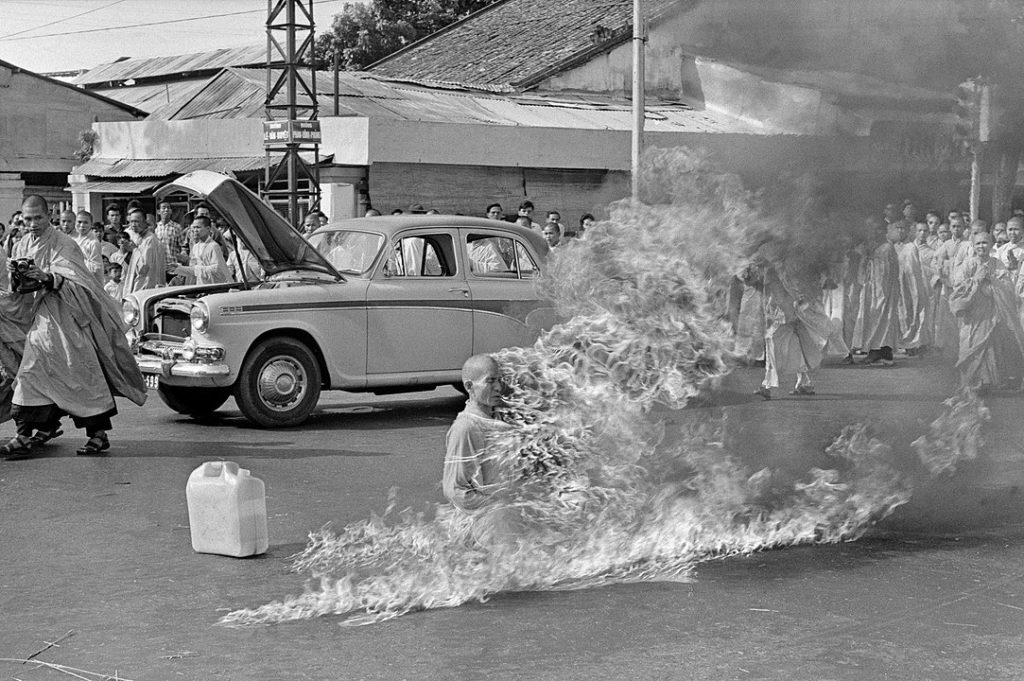There is always much to learn from quotes and their historical significance. Read on for a collection of quotes and general history from June 9th – 15th.

June 9, 1915
“Whatever be the other facts regarding the Lusitania, the principal fact is that a great steamer, primarily and chiefly a conveyance for passengers, and carrying more than a thousand souls who had no part or lot in the conduct of the war, was torpedoed and sunk without so much as a challenge or a warning, and that men, women, and children were sent to their death in circumstances unparalleled in modern warfare.”
– President Woodrow Wilson
The United States sends a second Lusitania note to Germany on June 9th, 1915. The RMS Lusitania ocean liner had been sunk without warning by a German U-boat a month earlier, on May 7th, killing 1,198 people (128 were US citizens). Germany responded to the first note with regret for the loss of civilian lives but claimed the attack was legitimate since the ship proved to be carrying munitions in a war zone. President Wilson rejects this response and sends the second note to request measures be taken to prevent further attacks on civilian vessels and loss of American lives. Unfortunately, continued U-boat attacks eventually lead the United States to abandon neutrality and enter World War I against Germany.
June 10, 1692
“I know nothing of it. I am innocent to a witch. I know not what a witch is.”
– Bridget Bishop
On June 10, 1692, Bridget Bishop was hanged for witchcraft in colonial Massachusetts, becoming the first victim of the Salem witch trials. Throughout the trials, more than 200 people were accused, 19 of which were found guilty and executed. The mass hysteria of the Salem witch trials now serves as a cautionary tale against false accusations and lapses in due process.
June 11, 1963
“Before closing my eyes and moving towards the vision of the Buddha, I respectfully plead to President Ngô Đình Diệm to take a mind of compassion towards the people of the nation and implement religious equality to maintain the strength of the homeland eternally. I call the venerables, reverends, members of the sangha and the lay Buddhists to organize in solidarity to make sacrifices to protect Buddhism.”
– Thích Quảng Đức
On June 11, 1963, Thích Quảng Đức, a Vietnamese Buddhist monk, burned himself to death in protest of Buddhist persecution by the South Vietnamese government. Photographs of the event brought world attention to the policies of President Ngô Đình Diệm and helped lead to the 1963 military coup which removed him from power. In reference to one of these photographs, John F. Kennedy said, “No news picture in history has generated so much emotion around the world as that one.”

June 12, 1898
“We cannot free ourselves unless we move forward united in a single desire.”
– Emilio Aguinaldo
On June 12, 1898, Emilio Aguinaldo declared the Philippines’ independence from Spain. The government of the Philippines changed several times during this period, but he is now officially recognized as the first President of the Philippines, which was the first constitutional republic in Asia. His presidency ended on March 23, 1901, when he was captured by the United States during the Philippine-American War. Following his release, Aguinaldo ran for president of the Philippine Commonwealth in 1935 losing to Manuel Quezon. The Treaty of Manila with the United States granted the Philippines independence again on July 4, 1946.
June 13, 1966
“You have the right to remain silent. Anything you say can and will be used against you in a court of law. You have the right to an attorney. If you cannot afford an attorney, one will be provided for you.”
The US Supreme Court decided the Miranda v. Arizona case on June 13, 1966. In a 5 – 4 majority, the decision held that a defendant in police custody must be informed of the right to remain silent and consult with an attorney prior to questioning. This decision established the Miranda rights and has made a significant impact on US law enforcement and subsequent trials.
June 14, 1953
“Don’t join the book burners. Don’t think you are going to conceal faults by concealing evidence that they ever existed. Don’t be afraid to go in your library and read every book, as long as any document does not offend our own ideas of decency. That should be the only censorship.”
– President Dwight D. Eisenhower
On June 14, 1953, President Dwight D. Eisenhower gave the commencement address at Dartmouth College. What was expected to be a brief speech proved more substantial when Eisenhower decided to add comments on book burning and censorship. These remarks were widely viewed as a message to Senator Joseph McCarthy of Wisconsin, who called for books by subversive or communist authors to be removed from library shelves around the world.
June 15, 1215
“No freeman shall be taken, or imprisoned, or outlawed, or exiled, or in any way harmed, nor will we go upon him nor will we send upon him, except by the legal judgement of his peers or by the law of the land.”
– Magna Carta, Clause 39
King John signs the Magna Carta at Runnymede, near Windsor, England on June 15th, 1215. The Magna Carta, or “Great Charter”, is an important historical document that established many principles still in use today. Chiefly, it established that everyone, even the king, is subject to the law and guarantees individuals rights to justice and a fair trial.
In case you missed last week’s quotes, see History June 2nd – 8th.
To never miss a Quill Quotes post, please subscribe to our free Email Newsletter and follow us on Social Media.
This photo makes me very sad that a human being inflicted the worst kind of pain upon himself so that his beliefs and that of others could be heard and hopefully understood. We have come a long way toward freedom of our views but we still have a ways to go.
I agree. I was blown away when I first saw this picture. I’m still trying to wrap my head around it.